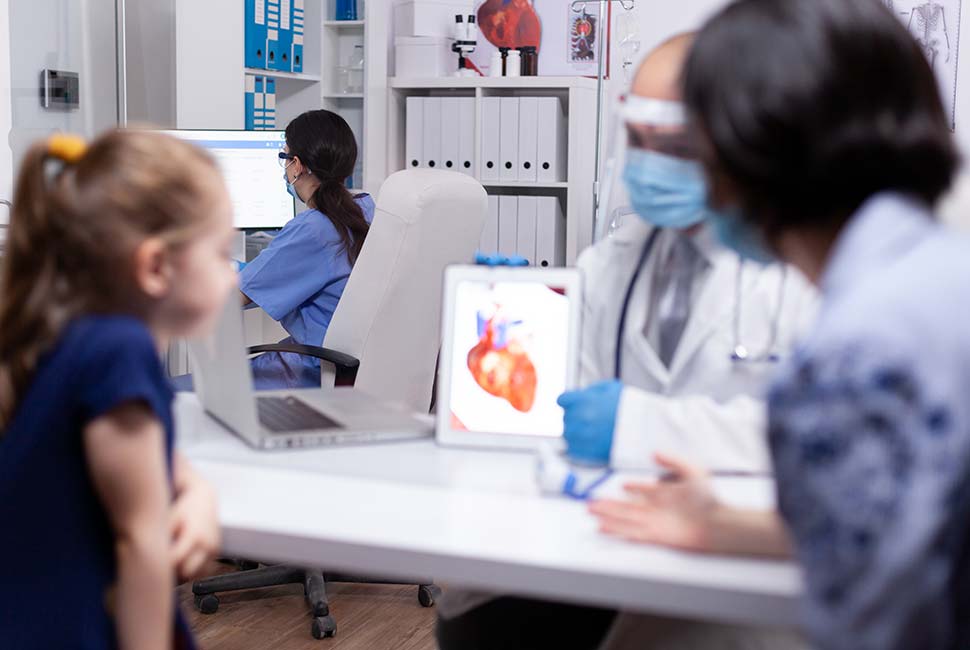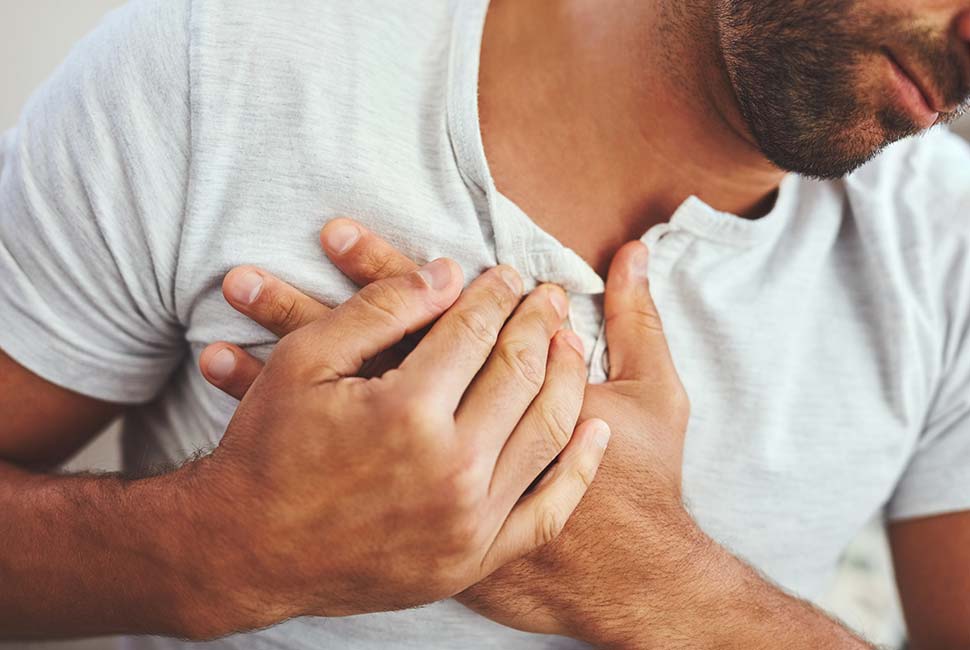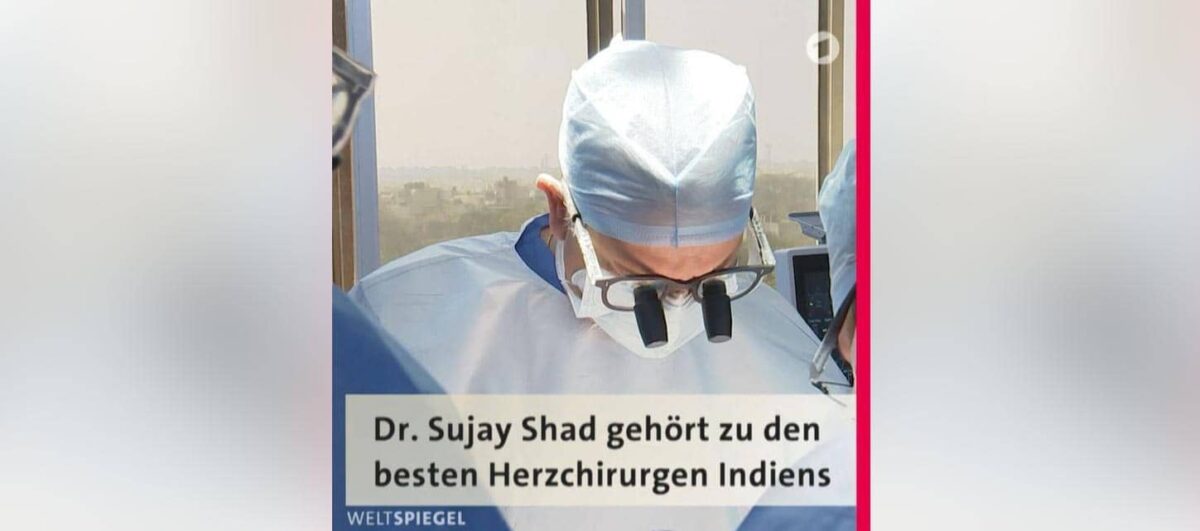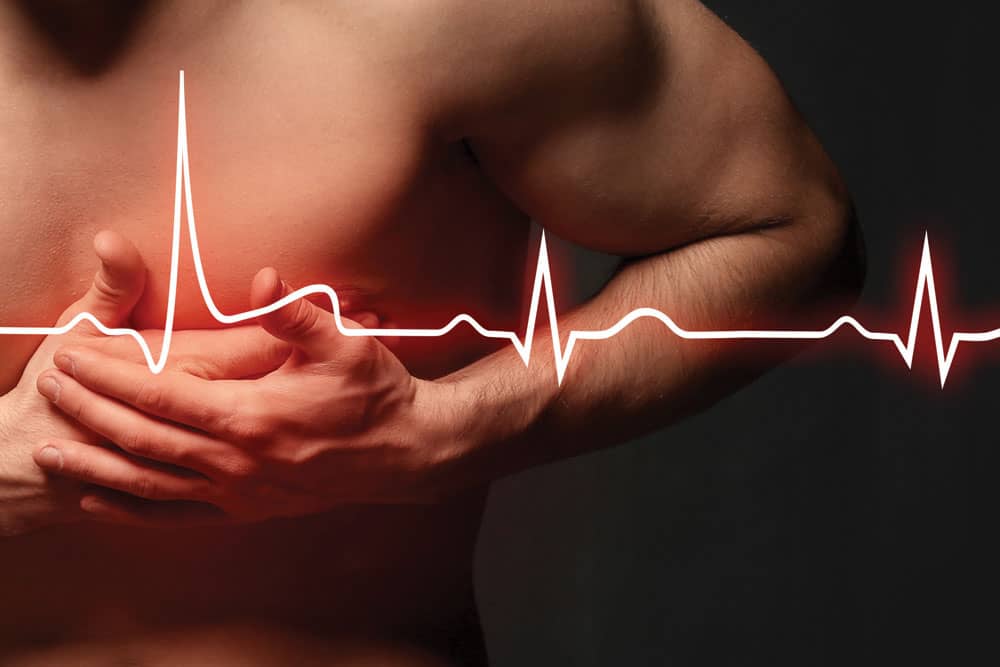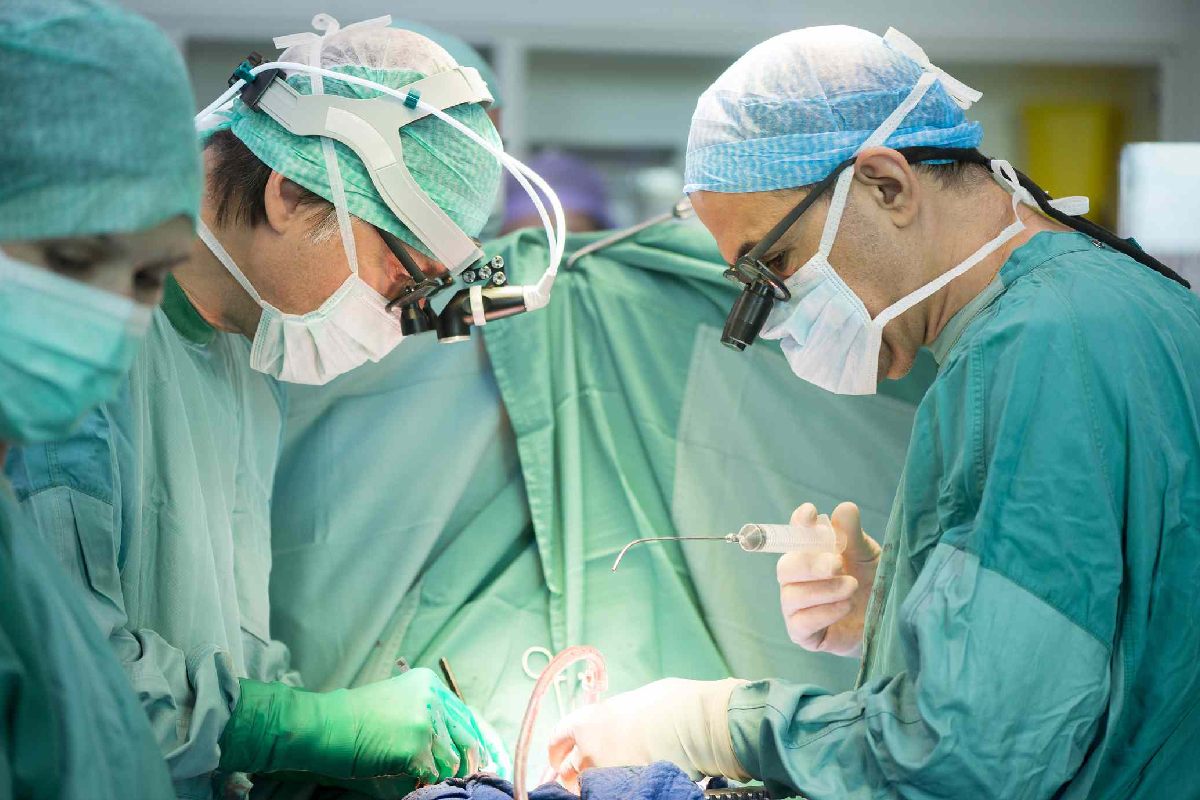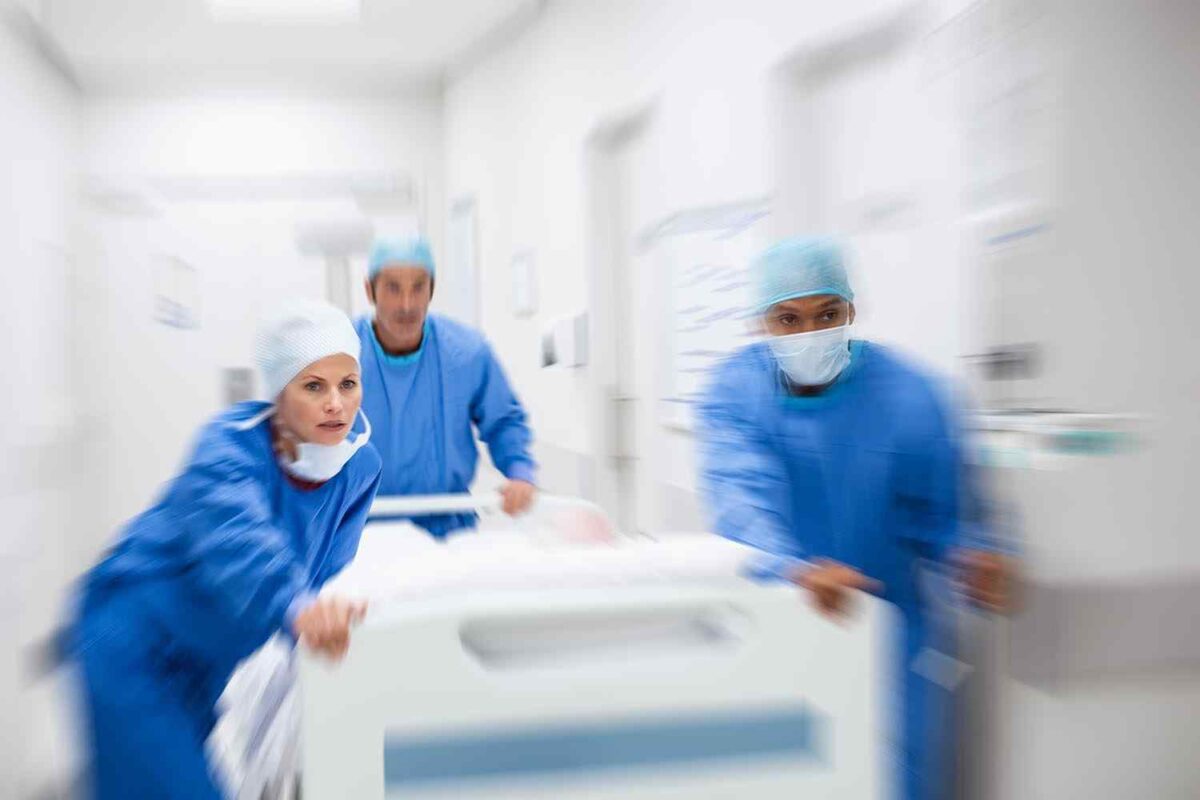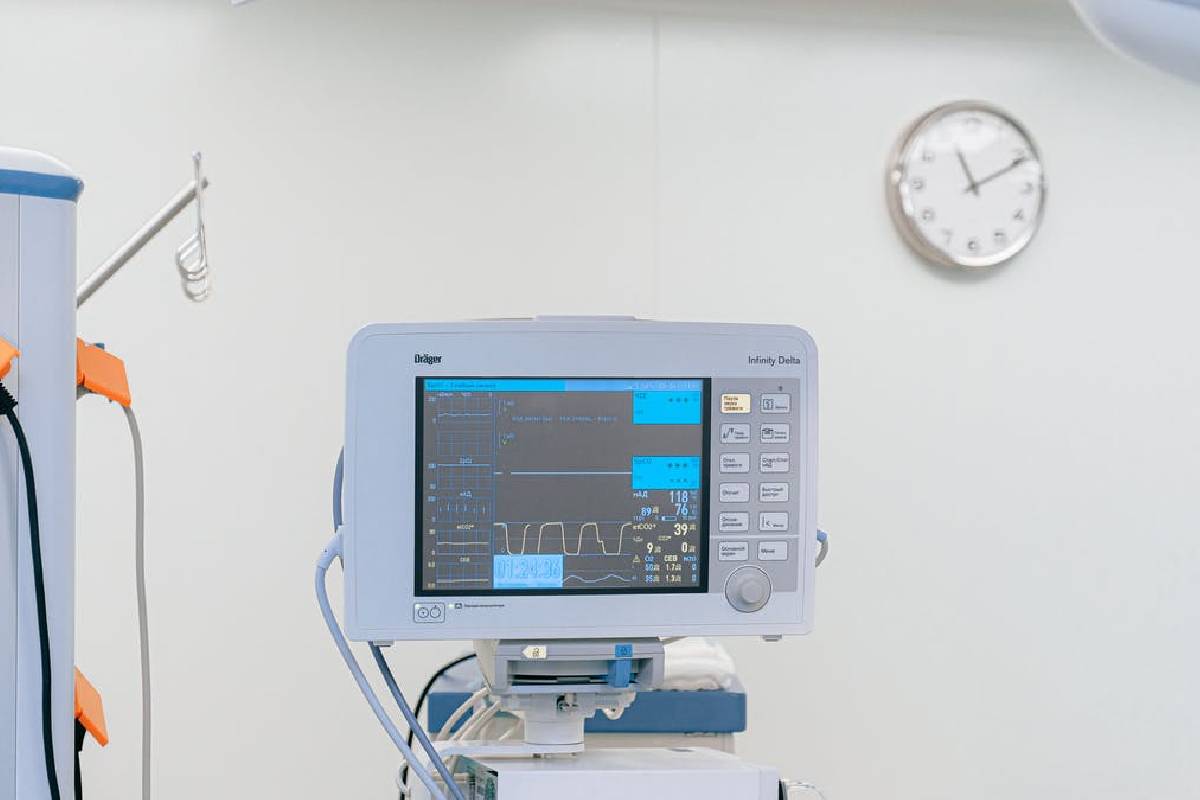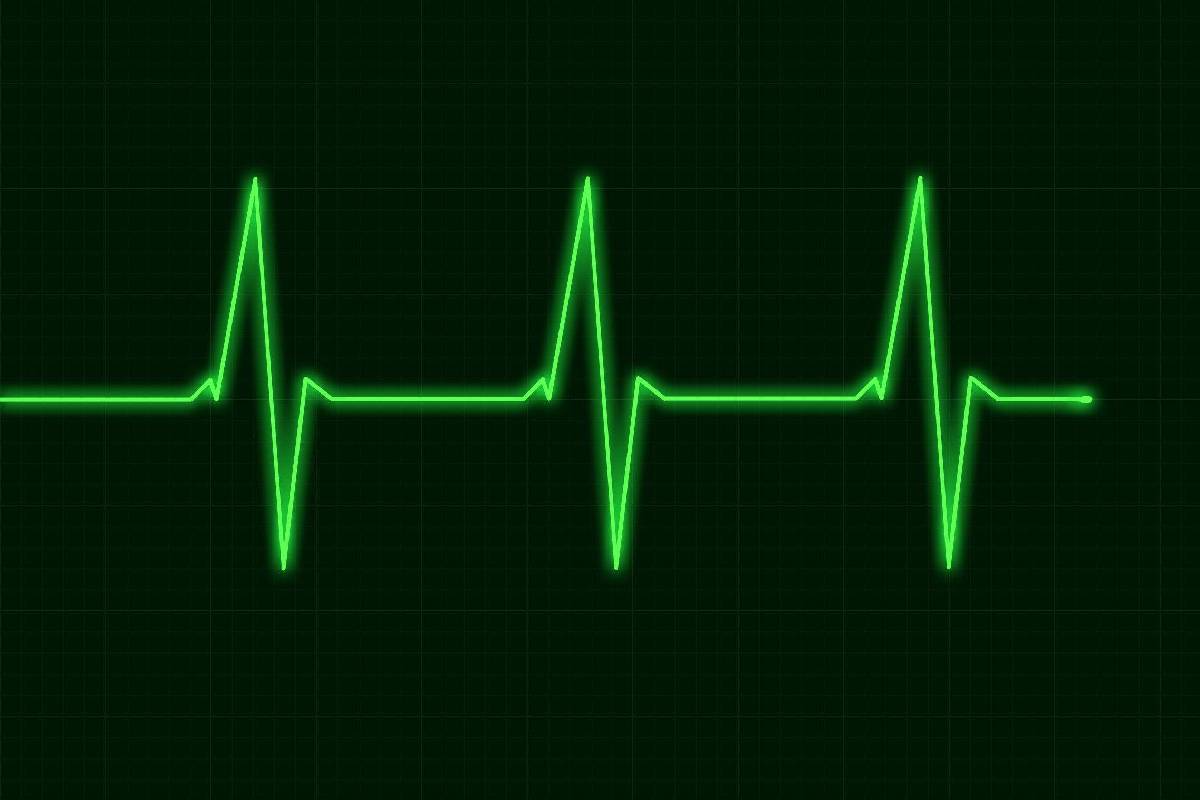Heart failure is a common health concern that affects millions globally. It is a condition in which the heart is not able to pump effectively the oxygen-rich blood that is required by the body. The condition can occur gradually or even suddenly, and there are more than 150+ causes of heart failure.
Some types of heart failure are mild and even reversible, and people may live for years with initial diagnoses and effective treatments. At Sir Ganga Ram Hospital, Heart Failure Surgery in Delhi aims to help people live a lively and healthy life
Initial Treatments Gives Second Life
Heart failure is serious, and it does not mean that the heart has stopped beating. It is a severe disease, and with treatment, one can get better than ever. In this article, Dr. Sujay Shad, a Heart Surgery Specialist at Sir Ganga Ram Hospital, will discuss heart failure symptoms, causes, and treatment. At the hospital, Heart Transplant Surgery in Delhi is also performed for saving lives of patients with end-stage heart failure.
What are the Symptoms of Heart Failure?
- Fluid-filled congested lungs, dry or painful cough, wheezing, are signs of heart failure
- Fluid and water retention in the body parts like ankles, legs, and tummy
- Increased urination at night time along with poor diet and nausea.
- Reduced blood supply that results in fatigue, weakness, and confusion
- Shortness of breast
- Pain in chest
- Congestion
- Weight gain
- Facing breathing problems even at rest.
Sometimes, these symptoms are for other illnesses, so heart failure diagnosis can be missed at the initial stages. This also delays people from seeing a cardiologist. Early diagnosis and treatment can help prolong one’s life. In congestive heart failure, the body retains more fluid, and not all cases of heart failure cause fluid retention.
What Causes Heart Failure?
The factors that can damage the heart and cause heart failure include:
- Coronary Artery Disease (CAD) – If left untreated it can trigger heart attack.
- Cardiomyopathy- Damage to the heart muscles caused by alcohol intake, stress, trauma, infection or any type of drug abuse
- Heart attack– Cesarion of supply of blood that is required by heart for functioning
- Genetic factors or family history of heart diseases
- Inflammation of heart muscle
- Heart valve diseases
- High blood pressure
- Diabetes
- Kidney disease.
Sometimes, damage can occur for no known reason. This condition is termed idiopathic cardiomyopathy and occurs when heart failure runs in the family.
How is Heart Failure Diagnosed?
There is no single test to diagnose heart failure. Based on one’s medical history, family history, physical health, and based on concerns, the tests are performed. These include:
- Chest X-ray: It checks for the size of the heart and other signs of damage to the lungs.
- BNP Blood test: This is also known as a B-type natriuretic peptide hormone test, and changes in its level indicate heart failure.
- Electrocardiogram (ECG): This painless test can help check the heart’s electrical activity. It tests heart rate and speed and also checks for previous heart attacks.
- Echocardiogram: In this test, an ultrasound is used to help check the blood flow to the heart and lungs.
- Holter monitor: It also checks for the heart’s electrical activity. This is checked by a portable device that the patient will wear for one or two days.
- Exercise stress test: The patient will walk on a treadmill or ride a stationary bicycle. This helps to check for heart performance when one has to work hard. If one is not able to do this test, then stress is induced by administering a drug that causes a similar reaction.
Learn more about these tests with the best heart surgery doctor in Delhi at Sir Ganga Ram Hospital.
Treatment for Heart Failure
The first thing to note is that early diagnosis and treatment can improve the patient’s health and span of life.
- Medications: In the initial stages, treatment involves taking medications (ACE inhibitors, beta-blockers, or diuretics) and performing physical activities advised by the heart doctor.
- Lifestyle Changes:
- It also involves reducing the intake of excess salt in the diet.
- People also need to check their weight and watch for their symptoms daily.
- Doctors also treat conditions like diabetes or high blood pressure, which can contribute to an increased risk of heart failure.
The patient must clearly understand their medical condition and follow the treatment plan. With proper management and treatment, it is possible to delay the progression of early-stage heart failure to advanced stages Proper medications, lifestyle management, and monitoring help improve heart function.
Advanced Stage Heart Failure Treatment or Surgery
Surgical Management: Sir Ganga Ram Hospital doctors have the expertise, resources, experience, and compassion to treat patients with advanced heart failure. For advanced-stage heart failure treatment, the cardiothoracic surgeon and heart specialist collaborate to create a personalised treatment plan and perform surgery to save patients’ lives. Additional surgeons could potentially be involved, depending on the situation.
Sir Ganga Ram Hospital doctors perform procedures that help open blocked heart arteries or open heart surgery. They also have expertise in conducting heart valve surgery in which they are fixed or replaced. Some procedures are performed to reduce heart rhythm abnormalities.
In some cases, heart transplant or mechanical heart pump surgery is also performed in patients with advanced or end-stage heart failure.
Hence, it is important to determine the cause of heart failure; this helps determine the best treatment approach.
Risk factors for Heart Failure
These health concerns discussed below, if left untreated, can increase the lifetime risk of developing heart failure. This includes:
- Obesity
- Coronary artery disease
- Diabetes
- High blood pressure
- Thyroid disorders can also trigger heart failure
- Malfunctioning heart valves can cause strain to the heart
- Untreated sleep apnea may also lead to heart failure
- People who smoke, consume tobacco, take stress, eat unhealthily, consume foods high in cholesterol and sodium, and are inactive are at high risk of having heart failure.
Frequently Asked Questions on Heart Failure
How long can one live with heart failure?
This can vary from patient to patient. In many cases, the symptoms are stable for some time, for months or even years, before they worsen. But, in some cases, the symptoms gradually worsen with time. This can lead to a heart attack or even a lung infection.
Hence, careful management and treatment provided by an expert heart doctor can help ease symptoms, improve prognosis, and prolong life.
Is there a permanent cure for heart failure?
In most cases, heart failure is a long-term health condition, and this can’t be cured but managed. The symptoms can be under control for many years with proper treatment, and it helps one to live a more active life with fewer symptoms.
What is end-stage heart failure?
It is the most advanced stage of heart failure. In this stage, the heart is unable to pump blood effectively, which the body requires to function correctly. This occurs because the heart’s ability to function is severely compromised. In end-stage symptoms like shortness of breath, fatigue, swelling in the legs and abdomen, and irregular heartbeat are even difficult to manage. The patient in this stage may require ventricular assist devices or VADs or heart transplantation.
How much does heart failure surgery cost?
The cost of heart failure surgery in Delhi will differ from patient to patient. It will be based on the patient’s condition, stage of the heart failure, patient’s age, and type of procedure performed.
You can contact Sir Ganga Ram Hospital to learn more about heart failure treatments, heart failure surgery in Delhi, their associated costs, and insurance options.
Book your visit to make an informed choice today!


